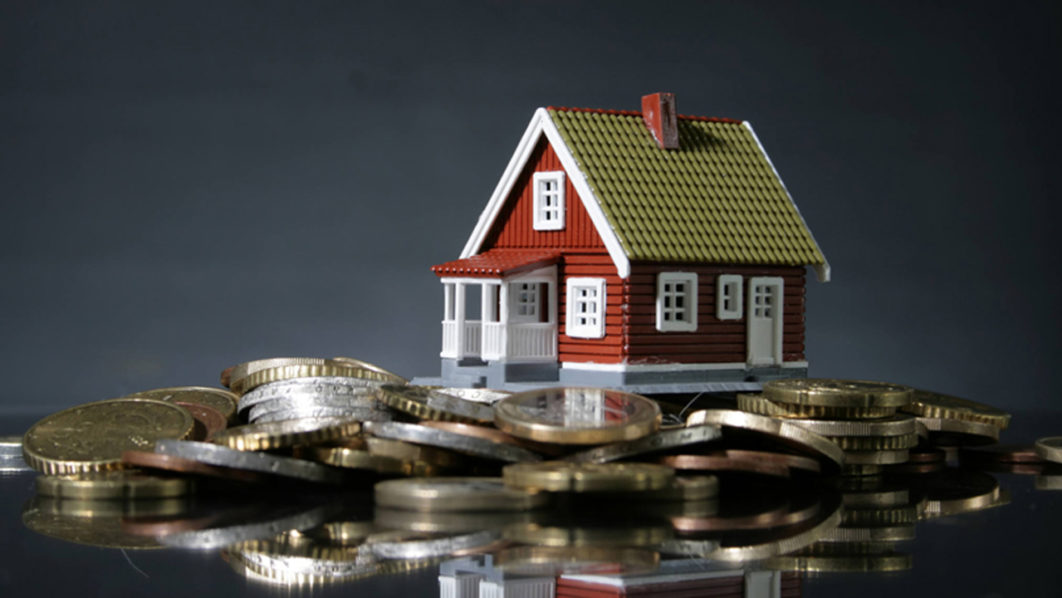The nation’s inflationary trend, which rose as high as 17.01 per cent, is adversely impacting rental housing in the five South-East states of Nigeria.
In major locations, rent went up as high as 200 per cent between January and now, thus dimming the hope of access to affordable homes by low income-earners.With the residential real estate market considered a hedge against inflation; potential investors, developers and landlords in the zone are taking advantage of the demand for housing, which is exceeding supply to hike rent to the detriment of the people.
Currently, renting a home in the region, a prospective tenant has to make a payment of not less than one year. In some cases, tenants are expected to pay up to three years in advance rent to secure rental accommodation. This is not the case in some African countries like Botswana, South Africa, Benin Republic, Togo and Rwanda, where rents are paid on monthly basis.
In recent times, government officials had made reference to the need to institutionalise monthly rent by property owners against the three-year rent to make homes affordable and accessible to Nigerians.
However, some professional bodies have disagreed with this notion, saying the policy will affect the property investment negatively, considering the uncertain volatility of the property market.That rental growth was higher for all the classes of residential properties in Awka and Onitsha in Anambra, Abia, Enugu, and Ebonyi with the exception of Imo, which was inundated by a peculiar political situation.
Specifically, in Anambra with a population of over seven million and a higher number of urban residents, the location and nature of facilities have consistently triggered the high cost of accommodation.
In Onitsha and Akwa, rent for a three-bedroom flat went up from N450,000 to N600,000 and 800,000 yearly while a two-bedroom moved from N350, 000 to N600,000.
A one-bedroom apartment goes for N400, 000 from N200, 00 per year, depending on the location.
The average price of two-bedroom flats in major locations of Abia such as Aba, Umuahia, Ahia-eke axis, Ohafia, Umudike, Agbama and Nsukwe Isielu is N500, 000 yearly.The average rent for a two-bedroom flat in Enugu is N550,000 per year. The costly flat costs N800,000 per year.
In locations like Independence layout, Igboeze North in Enugu and others, a three-bedroom flat goes as high as N450,000 per year while the most expensive flat costs N800,000 per year.
The Chairman, Anambra branch, Nigerian Institution of Estate Surveyors and Valuers (NIESV), Chris Okagbue, explained that between December and January 2021, rent wasn’t as high as they are now because of the COVID-19 pandemic, explaining that the current economic situation has made housing unaffordable.
He said the rent in the South East is worsened by inflation and cost of building materials, adding “people find it difficult to rent new properties or maintain the old ones.”
Okagbue said: “Where you have a bag of cement sold at N3, 500, a trip of stone goes for N65, 000, 12mm iron rod sells for N4,200, 16mm is 5,400 and a trip of sand goes for N30, 000. When a private developer completes a building, it affects the rent tremendously.
“In Awka, when you have a three-bedroom flat that is newly completed, the rent is in the range of N700,000 and N800,000 per year. Two bedrooms accommodation is about N600, 000. One bedroom is N400, 000 per year while self-contained is in the range of N250 to N300, 000. The ren has become a thing that the low-income earners can’t afford.
According to him, it is only in locations like Onitsha, a business hub of Anambra, where there is a good supply of housing in multi-storey buildings. Rent, which is supposed to go for N800, 000 for three-bedroom, could be rented out at N600, 000.
Okagbue said professionals like estate surveyors and others had requested for dialogue, partnership and advised the government on how they can ameliorate the situation in the real estate sector.
“Government can help by reducing taxes, subsidising the cost of producing building materials locally, making the steel mills functional and supporting operators with low-interest loans,” he said.
He stressed that state governments can also intervene by establishing factories for the production of building materials as well as regulate the price of building materials
The NIESV Chairman, Abia state branch, Ururuka Ibeabuchi, said that in Aba GRA axis, a low-density area, rent has become high in medium density areas.
Ibeabuchi said: “We have a complex economic strain, inflation is rising almost every day and the liquidity is not there. Rents are rising on daily basis. The cost of building is high and anybody who is building intends to make a profit, so the high cost of materials is reflected in the rent.
Within the GRA locations where there are duplexes, you can have between N800, 000 to N1.5 million per year to get good accommodation. In organised estate, there are areas where you can get N600, 000 for a three-bedroom flat and N360, 000 for two bedrooms.”
He further said most of the homeowners are modernising/upgrading their buildings and the high cost of materials are passed to tenants.
The NIESV branch chairman, Imo State branch, Grace Ekwuribe, has a contrary view. She said the political situation in the state has affected rental values, as many property owners couldn’t increase rents as a result of the static economic situation in the state.She told newsmen, “Everything seems to be stagnant due to recurring civil unrest in the state. Collecting rent is something else because businesses are not going on, as it should. Some rents that were due for increment, property managers/owners can’t increase because many tenants were having outstanding rent.”

